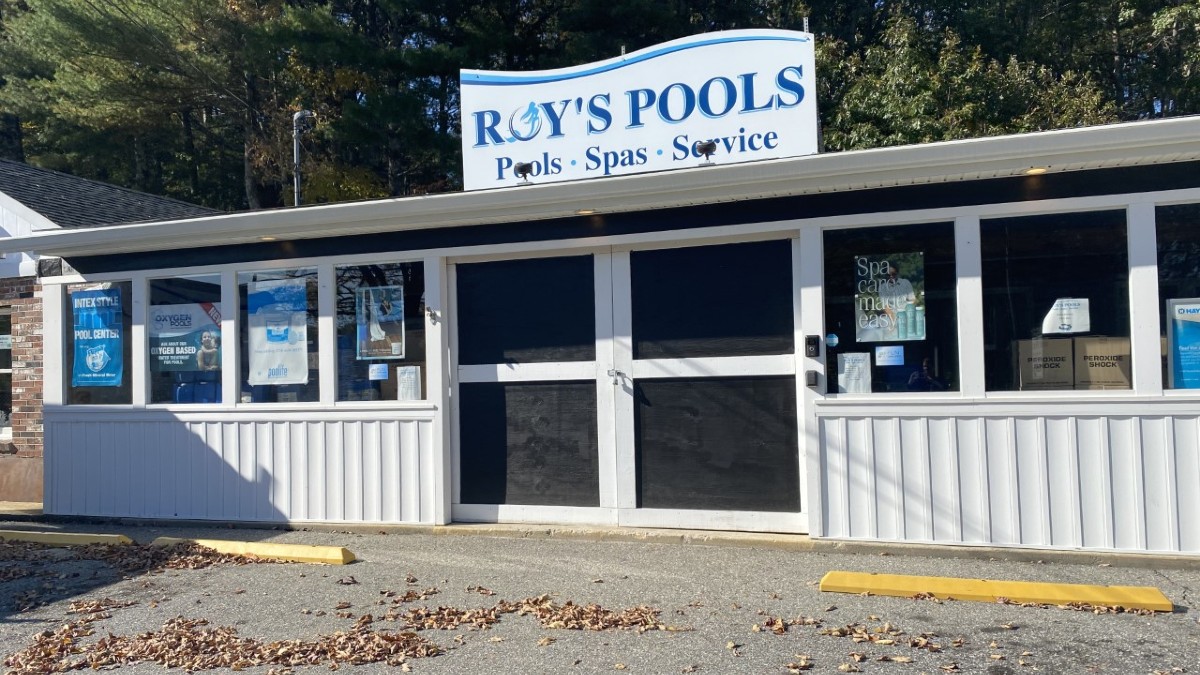Her dreams turned out to be more than she could afford, and now Dr. Virginia Tjan-Wettstein has to close her Hope Clinic, a victim of her own ideals and the health care system's realities.
"I think I am just one little guy," she said, during one of her last lunch breaks in the clinic. "One at a time, we're being picked off. Eventually, you're gonna hit the bigger groups of doctors who are not going to be able to do this. This is huge."
At the Hope Clinic she treated 900 people suffering from cancer with chemotherapy with drugs she had to pay for up front. Up to 70 percent of her patients were enrolled in Medicare. Medicare, she said, still hasn't processed her applications for reimbursement from last summer.
"They haven't paid me and I still owe my staff," she said. "I'm not a good manager, so I think a lot of it is my own fault."
Her dream was to operate a hospice along with her clinic in the William Ingraham House, a historic home she and her family bought on Summer Street in Bristol. It stands empty now.
"What we wanted to do was to be able to provide room and board," she said, because Medicare doesn't cover room and board in nursing homes.
"But the architect cost quite a bit of money and we didn't really know how much it was going to be until the end," she said. "When he tells me it might be about $2.2 million, I dropped my jaw."
Local
She also dropped the plan for the hospice and moved her clinic into a new location upstairs from a pizza place on North Main Street.
"Being a doctor, you think you can be independent and still provide the care that you want to provide," she said. "But you end up paying a lot for overhead and staff to keep everybody happy in terms of the insurance company and preauthoriziation and paperwork, and it becomes burdensome."
If she wasn't smiling, she said, she'd be crying. Soon enough, she was.
"There's got to be a better way. I do this because I love to do this and I feel bad for leaving my patients," she said. "But I truly think God has a purpose for everybody and maybe we're here for a certain reason and maybe we can make some kind of a difference where we can take care of patients in a better way than this."
"You have socialistic medicine and you have this capitalistic medicine," she said. "There's got to be a median to this. One or the other is not perfect."
As she prepares to transfer her patients' records once they've found new doctors and close the Hope Clinic, she hasn't given up hope.
"Maybe I'll go to Washington and talk to Obama, I don't know," she said. "I think there need to be more doctors involved in the politics of health care. A lot of people taking care of these things are businessmen, politicians. You need the patients and you need the doctors in there."
She spoke of possibly moving out of Connecticut or working with Doctors without Borders. She won't forget the idea of combining her clinic with a hospice for her patients.



